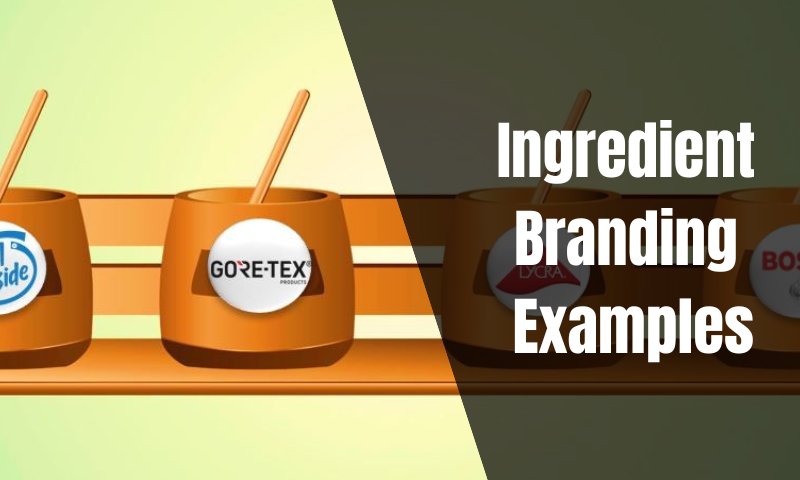
5 Online Reputation Management Examples
Maintaining a positive reputation is crucial for the success of any business, be it small or large. In India, Delhi top marketing agencies are already in the race to get it right and so is the world. In today’s digital era, where information spreads quickly and opinions can make or break a company, businesses must actively manage their online reputation. Strong and positive reputations enable firms to attract top talent and customers, as they are perceived as offering greater value and positioning their products and services to command premium prices.
Reputation management typically means creating a strategic process which includes monitoring, influencing, and shaping the online perception of a company or brand. It means marketers must actively manage online reviews, customer feedback, social media interactions, and other digital factors to continue with a positive image.
Reputation management aims to protect the reputation of a business by immediately acknowledging negative feedback resolving customer issues and showcasing the best factors of the brand. By actively managing and maintaining a favourable online reputation, companies can enhance their credibility, attract new clients, and foster long-term business growth.
Now let us take a look at a few brands that are correctly using ORM:
1. Nike:
The bigger a brand gets, the harder it is to find time to review customer complaints. Managing online reputation operates on multiple levels, and it is crucial to keep customer complaints in focus and not let them slip away unnoticed. Establishing separate handles for customer support solely can be one way to effectively manage the overwhelming increase of messages on social platforms.
A popular brand that’s doing this is Nike. The primary focus of the @NikeService account is to quickly assist customers in need and by using this account the company can easily do so. Hence, Nike has given their customers a reason to want to return to their website on a daily basis. Doing this way, everyone gets added value: the customers get something that helps them with their fitness regime and helps them interact with friends. In return, Nike gets valuable information about how customers use its products.
2. Whole Foods:
Whole Foods is known for its natural food selection, household items, and clothing. While the company maintains a strong online reputation, it has not been entirely immune to controversies. Nonetheless, what sets Whole Foods apart is its remarkable approach to addressing conflicts. With a whooping number of more than 300 Twitter accounts and 250 Facebook accounts, Whole Foods makes sure they make a personalized approach by mainly involving local employees.
This extensive network of accounts adds a personal touch to their Twitter presence, enabling the local employees to cater to their target market with greater specificity. Moreover, the CEO of Whole Foods, John Mackey, wrote an op-ed in the Wall Street Journal detailing his stance on healthcare reform. Even though this was his personal opinion, it still impacted the brand. Many customers were displeased and further created boycott groups on social media. However, reacting quickly, Whole Foods assessed the reputational risk and took immediate action with an official statement a few days later. This response garnered a positive effect on the brand. Also, inviting customers to share their opinions on the matter, helped the brand maintain its reputation as a brand that cares.
3. Zappos:
At Zappos, employees are trained to use interactions with customers as a way to build relationships, not make a sale. And if a call is going long during a particularly busy time, then it’s up to the employee overseeing the call centre to assign more people to calls rather than to encourage an employee to end a call early. Zappos’ main focus is to go the extra mile for every customer through superior customer service.
Their contact centre agents have gone above and beyond by sending hand-written cards to clients and even delivering flowers to customers during difficult times. Their 365-return policy helps create a positive social media reputation for the brand. This policy has seen returns that are around 35% of online order values, but the customer ‘WOW’ factor has increased customer loyalty. 75% of their total revenue is from repeat customers. This strategy is considered as a marketing expense toward customer attainment of the brand.
4. Chewy:
Chewy is a popular online retailer specializing in pet food and supplies shipped to customers’ doorsteps. Back in 2021, the brand surprised its customers with custom-painted pet portraits of their loving pets. Mostly, these were given to the pet owners after the loss of their beloved pet as a memory. These unconventional acts of kindness spread in social media, including TikTok and Reddit in no time and turned out to be an effective investment to complement its SEO marketing strategy with many media mentions.
5. Chipotle:
Chipotle faced criticism when dozens of customers contracted food poisoning from contaminated food produced back in 2015. This crisis gave way to significant media coverage and plummeting sales. However, Chipotle’s public relations response was swift to do the damage control. They immediately closed all affected locations and started new protocols for food safety. The chain also offered free meal coupons nationwide in an attempt to earn back its customer trust. This effective PR response helped Chipotle restore its brand image as one of America’s most beloved burrito bowl suppliers.



